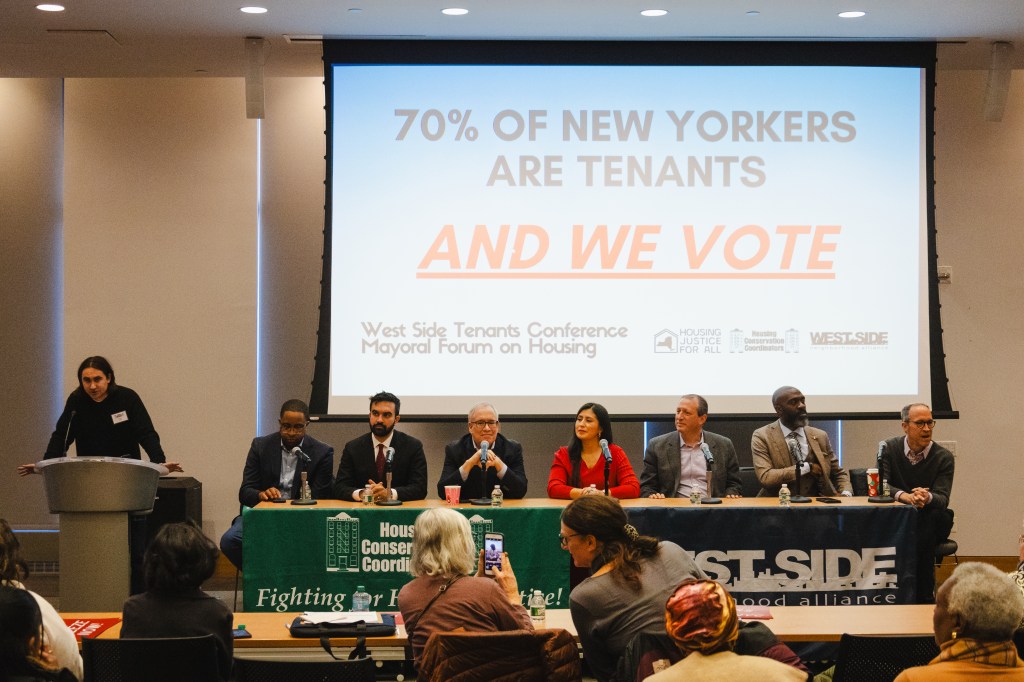By Prem Calvin Prashad
In the midst of the world’s largest refugee crisis since World War II, much is made of the fact that among the arrivals in Europe are not only Iraqis and Syrians, but refugees from as far off as Afghanistan and Bangladesh. Though typically dismissed as “economic migrants” attempting to use the crisis to subvert typical immigration controls, many claim political or religious persecution.
The United States has been largely absent from the refugee question. While efforts are being made to reform the onerous screening process, refugees who attempt to take matters into their own hands find themselves subject to an immigration detention system that activists have long decried as inhuman. For South Asian asylum seekers who voluntarily present themselves to authorities at the southern border, their journey is likely to have involved a number of Central American countries.
On April 3, acting on a February agreement between the United States and Bangladeshi governments to deport 159 asylum seekers, Immigrations and Customs Enforcement oversaw the repatriation of 85 Bangladeshis, Indians and Nepalis, chartering a plane to return them to South Asia. Specifically, the detainees included Bangladeshis that claim persecution from the ruling political party and Punjabi Sikhs who claim religious and political persecution by the Indian government.
The detainees rose to national prominence after nearly a hundred declared a hunger strike on Thanksgiving Day last year. The “Freedomgiving” strikes had started in October, with 54 asylum seekers at the El Paso Detention Center in Texas, and spread to approximately 200 participants, across nine other detention sites by the end of the year. Allegations of retaliation by ICE against the strikers, including coercive use of solitary confinement, were denied by the agency, citing detainee policy. Per ICE policy, a detainee is considered on a hunger strike after refusing nine consecutive meals.
One group, Desis Rising Up and Moving, based in Jackson Heights, took the lead on advocating for these detainees, sharing the hashtags, #FreedomGiving and #Deported2Death on social media, highlighting the danger in repatriating asylum seekers. Strikers who were released from ICE custody joined up with the group, sharing harrowing stories of their detention.
In December, the group pushed and received responses on the status of the strikers from the three major Democratic candidates for President at the time. Former Maryland Gov. Martin O’Malley, who met with some of the strikers that had been released, criticized the immigration detention system and called for greater due process for the detained. Vermont Sen. Bernie Sanders criticized the use of private prisons to house asylum seekers and pushed alternatives to detention, including allowing detainees to remain with family while awaiting their day in court. A spokesman for Hillary Clinton said she was also opposed to both private detention centers and family detention for parents and children who arrive in this country in desperate situations.
In a letter to Homeland Security Secretary Jeh Johnson and Secretary of State John Kerry, Congressman Joseph Crowley (D-Jackson Heights) called for a halt to the deportations, questioning whether detainee cases were given adequate consideration for the severity of the danger they might face, as well as concern over the public release of the names of some asylum seekers.
The group has blamed divisive campaign rhetoric, but also the current administration’s policies for the deportations and has contended that the asylum seekers and their families are in grave danger, as the deportation agreement is with the government from which they sought protection. On April 8, DRUM held a community funeral for the deportees in Jackson Heights. ICE defended the deportations, noting through a spokesman, that all asylum seekers had been given the opportunity to make their case in court before the issuance of an order of removal.


































